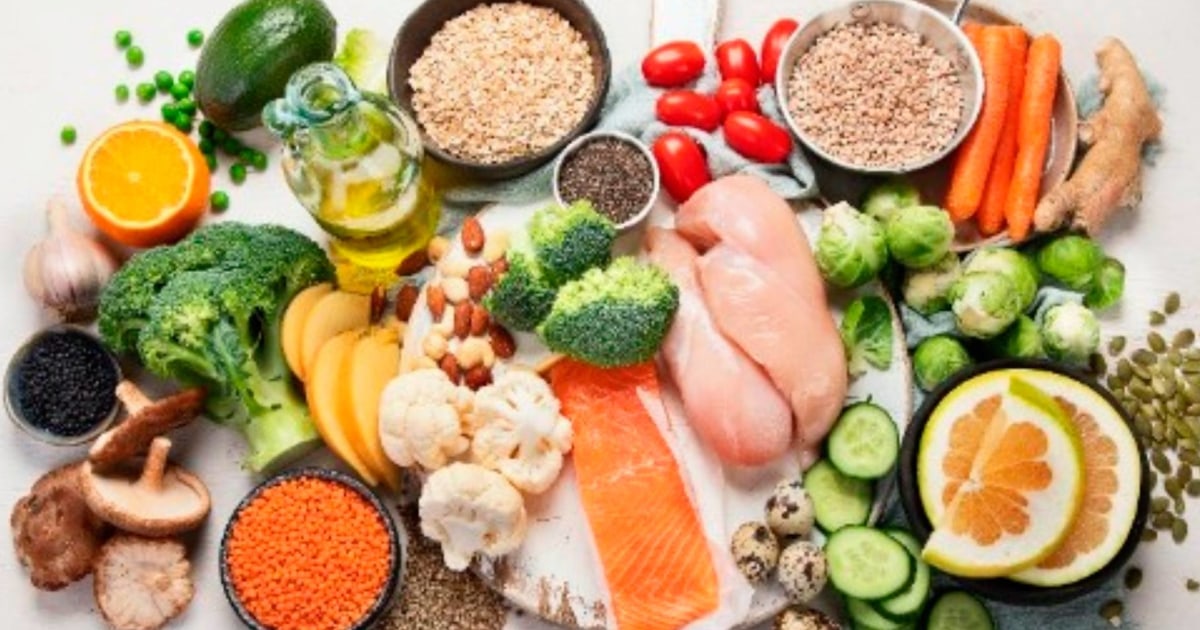Food science is the science that studies all aspects related to food to know its qualitative and quantitative composition, and its purpose is to improve human nutrition.
This science, food science, combines knowledge of chemistry, physics, physiology, microbiology and biochemistry to analyze the nutritional composition and microbiological quality of food and guarantee that it does not contain harmful elements that could put human health at risk, reports the European University.
SEE ALSO:
Valuable for the food industrycontributes to determining the most appropriate processes to prepare and preserve food, so as to preserve its nutritional and organoleptic characteristics.
Therefore, another objective of food science is to identify the best methods for processing food, as well as to determine the packaging that facilitates its preservation and consumption.
SEE ALSO:
In addition, it plays a key role in the development of regulations for the food sector. The discoveries of this science are the basis for designing procedures, techniques and protocols for industrial production, transportation and consumption of food to guarantee its safety at all times.
The approaches to food science
Food science analyzes foods from different approaches:
Nutritional: Determine the exact composition of the food by analyzing its macronutrients and micronutrients, as well as other substances that may be present, whether polyphenols, fructooligosaccharides or microorganisms with probiotic action.
Organoleptic: Analyzes the characteristics of foods that can be perceived through the senses, such as their texture, flavor, aroma and shape, which influence the gastronomic experience.
Physiochemical: It studies the physical and chemical characteristics of the food, such as the amount of water it contains, its density or the temperature and pressure necessary for it to change state.
Microbiological: Investigates the bacteria, viruses, yeasts or other microorganisms that are naturally present in foods, as well as those that can proliferate throughout their useful life, especially those that may pose a risk to human health.
The food scientist, as a professional, is in charge of analyzing everything from the raw food material to the semi-finished and processed products once finished.
SEE ALSO:
It studies the biological, chemical and physical composition of food and intervenes in the creation of new food products to ensure that they are nutritious, safe and delicious, according to information from the European University.
(With information from EFE)
RELATED
They warn about the large amount of plastic in the dinners we consume
They create an application that prevents the waste of tons of food
FDA authorizes production of artificial meat for human consumption

